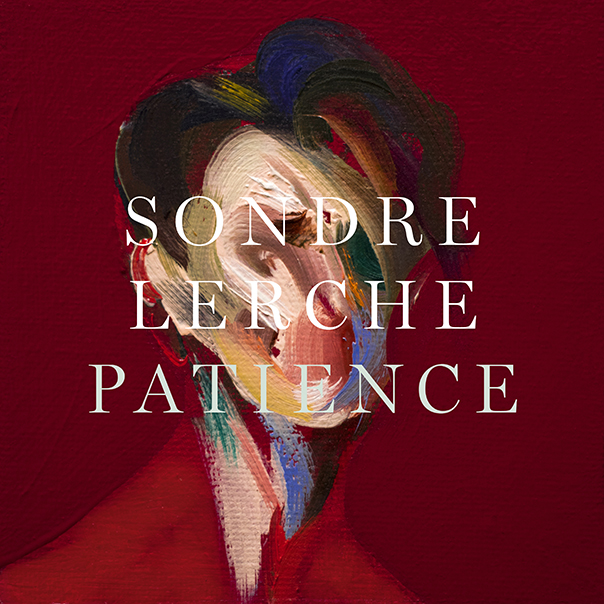ALBUM REVIEW: Sondre Lerche explores ambience and minimalism on ‘Patience’

Norwegian singer-songwriter Sondre Lerche looked to tap into the spacious side of his sound for his latest album, Patience. The third in a loose trilogy of albums going back to 2014’s Please, his latest work delves into his calmer influences: ambiance, minimalism and quiet reflective songwriting.
Patience
Sondre Lerche
PLZ, June 5
Lerche blurs the stylistic lines between casual alt-pop, jazz and classic orchestra music. The album manages to be both expansive and spacious, leaving room for the foundation of the songwriting to shine. The opening title track builds from a simple backbeat loop, with slight synth flourishes, until the beat drops for Lerche to sing a soothingly layered vocal: “Patience/ I’m coming.” The five-minute track even includes a muted pseudo-spoken verse.
“I Love You Because It’s True” is a quiet ballad with an overtone of classic cinema. The strings fusing with piano create a throwback sound that lifts the track. The pace increases substantially on “You Are Not Who I Thought I Was,” a breezy and upbeat stomper that blends in both an orchestral element with a Beatles-esque layering of sounds. The intricate “Are We Alone Now” features Lerche digging to his quiet lower register. At just under 5 minutes, the tune closes with a soothing extended saxophone solo, again digging into the classical and jazz influences.
“That’s All There Is” sports a dreamy pop bounce with an emphasis on synth and rhythmic byplay. The song again pushes Lerche’s vocal back into the mix with the instrumentation. The effect is that the words add to the musical canvas rather than sitting on top of it. The tone shifts to more starkly classical on “Put The Camera Down,” a song that rests almost entirely on orchestral strings. The artist’s vocals are spacey, layered and rise to the front. “Put the camera down/ You don’t need to second guess/ Every fickle itch,” Lerche sings.
“Why Would I Let You Go” clocks in at just past six minutes and takes listeners on journey, beginning with barely there acoustic guitar strumming for the first verse. As the song builds, it again builds symphonically, with the string section carrying the brunt of the weight of guitars, drums or bass. The track is a triumph, with a rise and fall from the lush and expansive highs to the quiet and precise lows.
For a fleeting moment, “I Can’t See Myself Without You” recalls George Michael’s “Freedom” with its opening piano riff, but the song quickly develops in another direction. It builds around the acoustic guitar and wandering bass rhythms that power the mid-tempo but lyrically uplifting song.
The pace dials down for the half-time R&B-influenced “Don’t Waste Your Time,” before “Why Did I Write The Book Of Love” infuses jazz, classic and old-school crooner vibes—all under the umbrella of modern sound. The album’s closing track, “My Love is Hard to Explain,” covers considerable ground in less than four minutes. It’s one of the most spacious and atmospheric on the album, while quietly mixing in brass, strings and percussion to bring the masterful album to a close.
Follow writer Mike DeWald at Twitter.com/mike_dewald.
